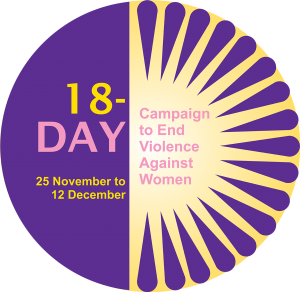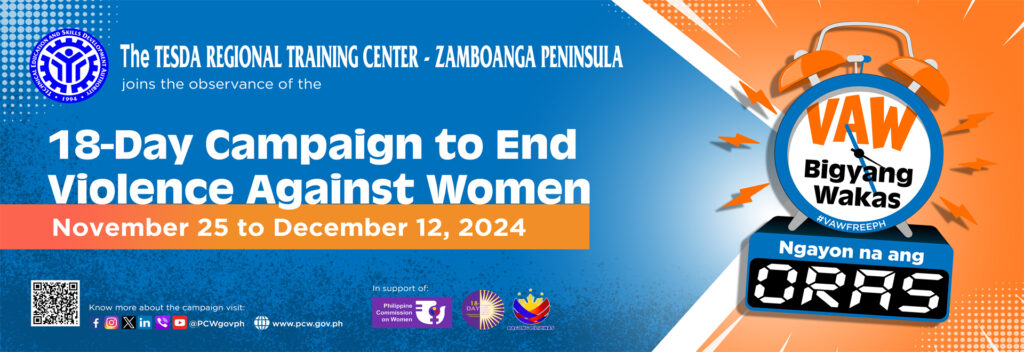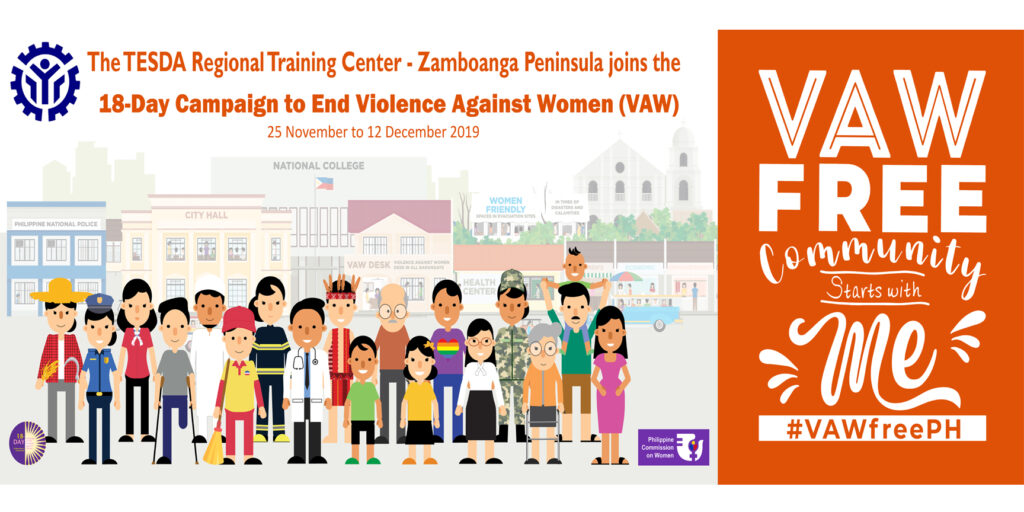
Violence against women (VAW) and girls is not just a major public health problem but also a grave violation of human rights. It extremely manifests gender inequity, targeting women and girls because of their subordinate status in the society. The United Nations define VAW as “any act of gender-based violence that results in, or likely to result in, physical, sexual, or mental harm or suffering to women, including threats of such acts, coercion or arbitrary deprivation of liberty, whether occurring in public or private life.” Violence and the threats of violence can be experienced by every woman of any age, skin color, gender identity, ethnicity, religion, disabilities, economic, and social status.
Global estimates by the World Health Organization indicate that about 1 in 3 women (35%) worldwide have experienced either physical and/or sexual violence from intimate partner or non-partner in their lifetime. In the Philippines, the National Demographic Health Survey 2017 released by the Philippine Statistics Authority revealed that 1 in 4 Filipino women, aged 15-49, has experienced physical, emotional or sexual violence from their husband or partner.
Because VAW appears as one of the country’s pervasive social problems, various measures and mechanisms have been employed and implemented to address it. One of which is the 18-Day Campaign to End VAW, an advocacy campaign that is observed annually from November 25 to December 12 as mandated by Proclamation 1172 s. 2006.
The Campaign
The 18-Day Campaign to End VAW supports the Philippine government’s goal of protecting the human rights of women and girls by upholding its commitment to address all forms of gender-based violence as enshrined in the 1987 Constitution. By virtue of Republic Act 10398 or the Act declaring November 25 of every year as the National Consciousness Day for the Elimination of VAWC, government agencies are mandated to raise awareness on the problem of violence and the elimination of all forms of violence against women and girls.
Globally, the 16-day action against gender-based violence has been acknowledged to support the international campaign that originated from the first Women Leadership Institute at Reuters University, New Jersey, USA in 1991. The observance of this campaign started in November 25, which is the International Day to Eliminate VAW up to December 10, which is the International Human Rights Day, to emphasize that VAW is a human rights violation and to ensure better protection for survivors and victims of violence. In 2002, the Philippine Government, through the Philippine Commission on Women and key stakeholders joined the global campaign, initially to push for laws and the establishment of institutional mechanisms to address VAW.
In 2006, then President Gloria Macapagal-Arroyo signed Proclamation 1172, extending the national campaign to 18 days, thereby including December 12, a historic date that marked the signing in the year 2000 of the UN Protocol to Prevent, Suppress and Punish Trafficking in Persons, especially Women and Children, to supplement the UN Convention Against Transnational Organized Crimes.
The campaign was further strengthened in 2008 when the United Nations Secretary General launched the UNiTE to End VAW Campaign, which envisions a world free from all forms of violence against women and girls. For the UN, this vision can only be realized through meaningful actions and ongoing political commitments of national governments, supported by adequate resources.







